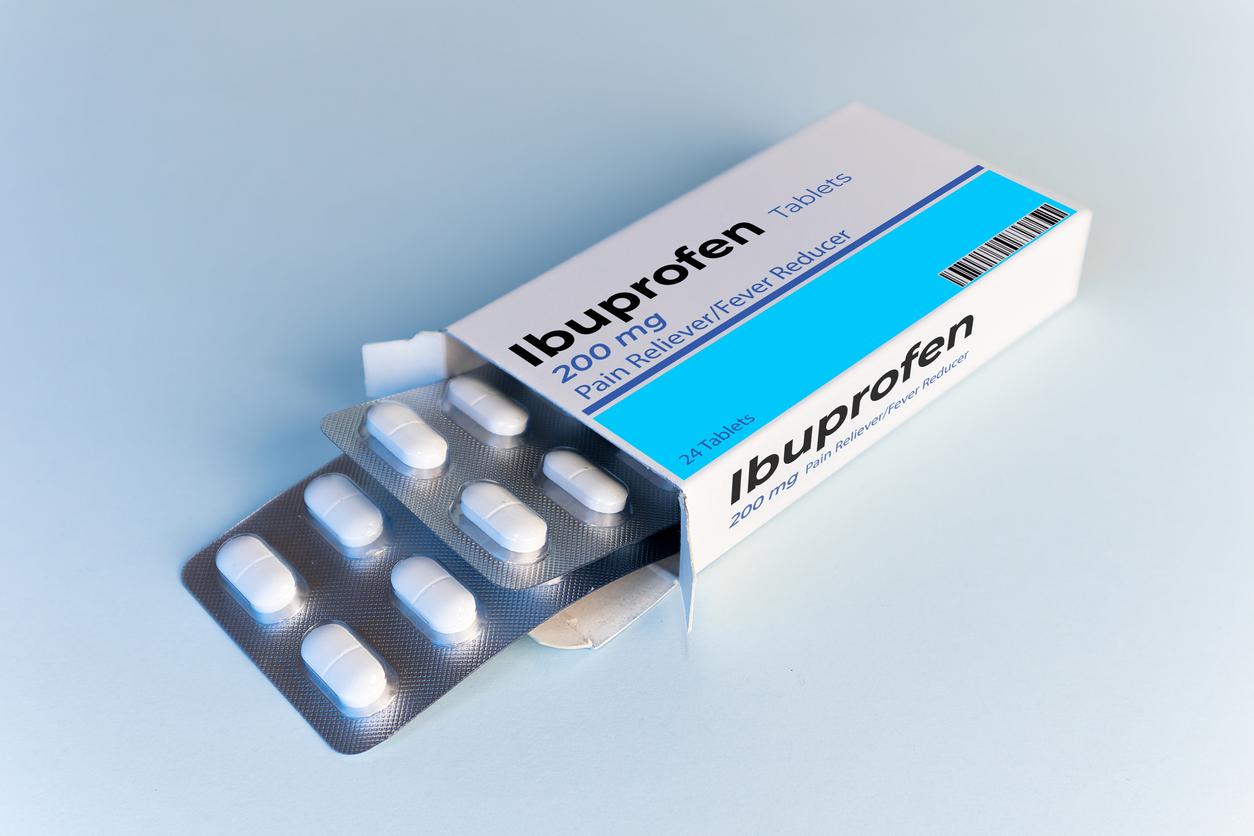Auvergne-Rhône-Alpes has evaluated case management measures for invasive streptococcal A infections since 2015 and during the 2022-2023 national alert.

- Invasive group A streptococcal (iGAS) infections are rare and can cause serious symptoms.
- Faced with the increase in cases of invasive streptococcal A infections (IISGA) at the end of 2022, healthcare professionals were encouraged to report all hospitalized cases to the health authorities.
- This measure was effective, according to researchers from Public Health France.
Faced with the increase in cases of invasive streptococcal A infections (IISGA) at the end of 2022, healthcare professionals were encouraged to report all hospitalized cases to the health authorities. Curious to see if this measure was effective, researchers from Santé Publique France conducted a new study.
“The objective is to describe the cases of IISGA reported in Auvergne-Rhône-Alpes since 2015 and the case management measures, with a focus on the period end of 2022-beginning of 2023”, they indicate firstly in their report.
Streptococcus A: “differences observed during the alert compared to before”
To do this, a descriptive and retrospective survey was carried out based on IISGA reports from the Auvergne-Rhône-Alpes Regional Health Agency (ARS) over two periods: “before the alert” (from January 1, 2015 to December 5, 2022) and “during the alert” (from December 6, 2022 to March 2, 2023). Confirmed and probable cases were defined according to the opinion of the Superior Council of Public Hygiene of France in 2005.
A total of 181 cases of IISGA were reported, 66% of which occurred during the three months of the alert. Significant differences were observed during the alert compared to before: varied reporters (vs mainly hygienists), reduced reporting time (4.8 days vs 7.2 days), more frequent pleuropulmonary forms (vs gyneco-obstetric infections) , recommendations for antibiotic prophylaxis (more frequent for contacts in the same household and less frequent for contacts outside the household).
Streptococcus A: “the 2022 alert has raised awareness among professionals about reporting”
“The 2022 alert raised awareness among professionals about the early reporting of IISGA cases, allowing the rapid implementation of management measures,” conclude the researchers.
“This work highlights the role of ARS in the implementation and coordination of public health measures” they add. “Although IISGA reporting is not mandatory in France, early reporting efforts must continue in order to put in place appropriate measures, particularly in communities and/or around clustered cases. they finish.
Invasive group A streptococcal (iGAS) infections are rare and can cause serious symptoms such as:
– fever and shortness of breath due to pneumonia;
– fever, severe pain and redness due to breakdown of connective tissues under the skin due to necrotizing fasciitis;
– fever, chills, muscle pain, nausea and vomiting.

















